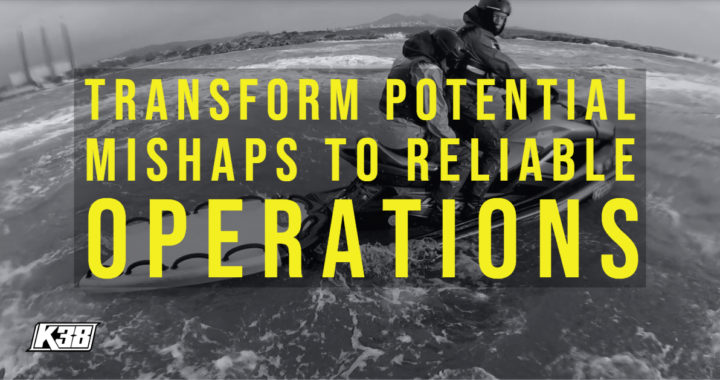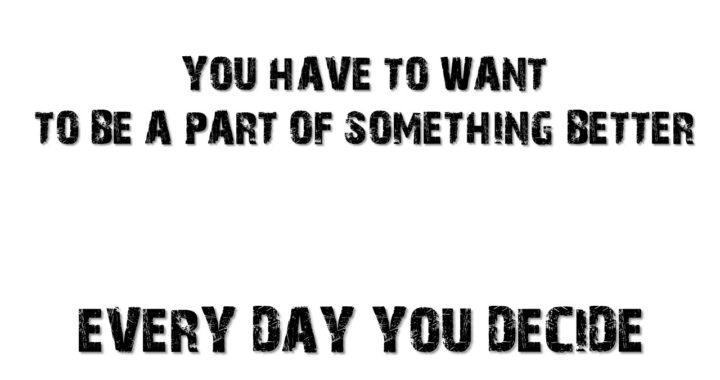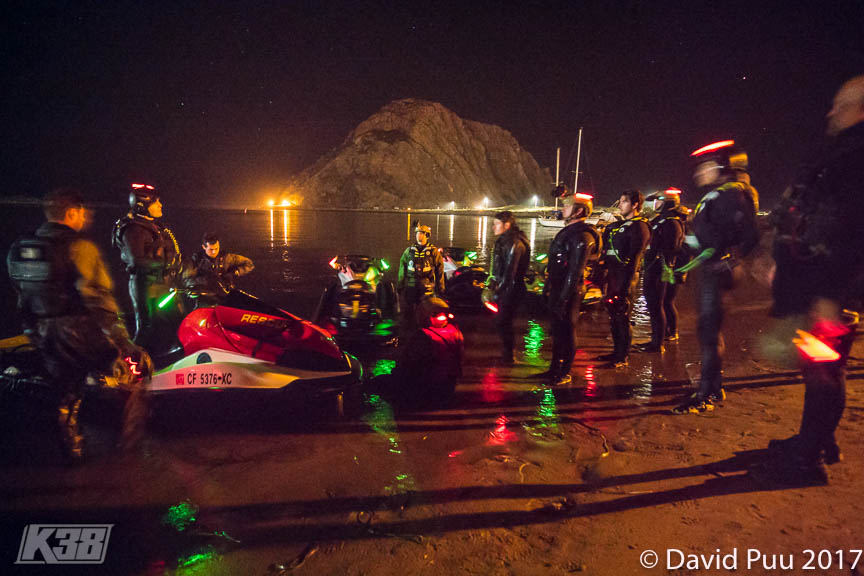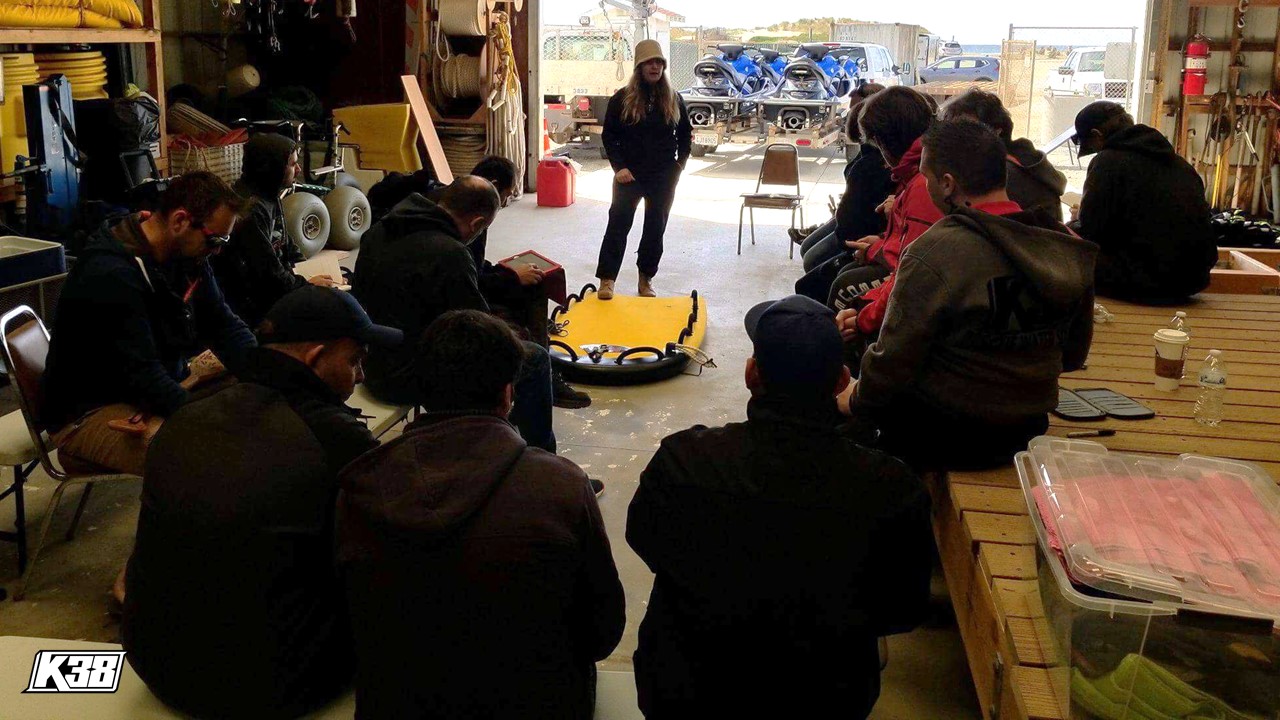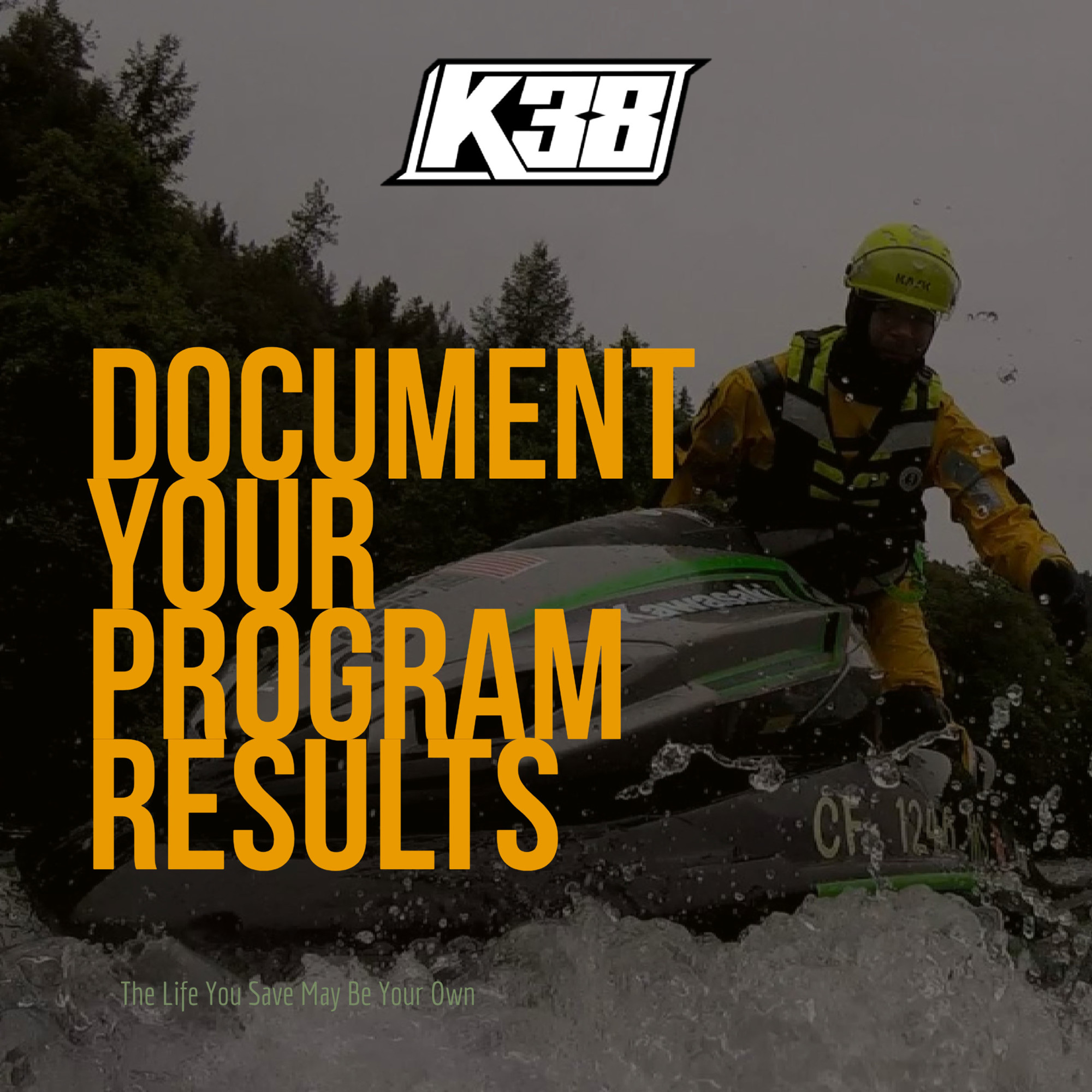Transform potential mishaps to reliable operations by focusing on your factual goals and program needs.
No agency needs to learn from a mishap. Accident prevention is a reliable management policy. Our first goal is to prevent them from happening by possessing the fundamental knowledge base of boating safety.
Oftentimes programs are set up to fail due to a poorly aligned budget, but this may only be one element of the problem.
Sometimes the failures are from a lack of procedures that are enforced or training modules that are not helpful to the goals.
There is a lot of responsibility to manage a maritime boating unit. For Rescue Water Craft that responsibility is exceptionally high due to the nature of calls these unique small power boats will be employed.
UPGRADE
Training does not have to be emphasized as 'on-water' a lot of updates can be done by review of material.
I spend a lot of time emphasizing annual upgrades! Stay current and understand any changes to boating laws or rules in your area.
Update your team with quizzes that keep them primed for boating safety when not on the water, such as knowing the ATONS. Aids to Navigation for both coastal or inland waterways.
When you conduct training assessments on the water, be sure to correct any mistakes and be constantly vigilant as the scrutineer of safe boating practices.
A maritime background in boating is a legacy heritage to protect so that the new water rescue community understands first hand this is not rescue, its boating handling! There is a significant difference and that is lost in translation.
Emphasize: BOATING
MANAGE
Have monthly review meetings regarding your program. If you program is only seasonally prepare a management policy for weekly updates to review any mishaps.
Why? We are seeing an increase in mishaps and we should be witnessing a decrease in these areas of operations. It's because of the rollover in agency personnel, not properly training up the next Coxswain generation, not having proper documentation to transfer or its outdated and incorrect.
The good news is these are very easy solutions to tackle.
__________
Posted 1.7.2019
Have any questions? Join the Rescue Water Craft Association
and discover what your community is doing to modernize standards, safety and reduce liability!
Join the Rescue Water Craft Association
Content Creator: Shawn Alladio cares most about her community and the culture surrounding the safety of event service providers and Rescue Water Craft operators, working hard and dedicated towards protecting their reputation, distributing safety information and continuing to train these amazing individuals to the highest standards of care.
Use at your own risk. Please take a qualified Rescue Water Craft training course and maintain proper records and respect all the PWC, RWC, PPE, and gear OEM manufacturer warning labels and cautions.
